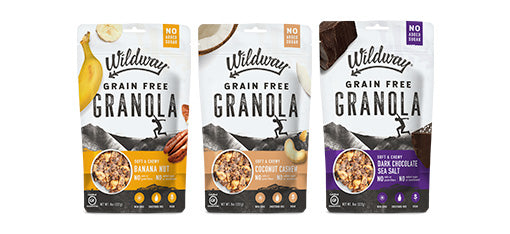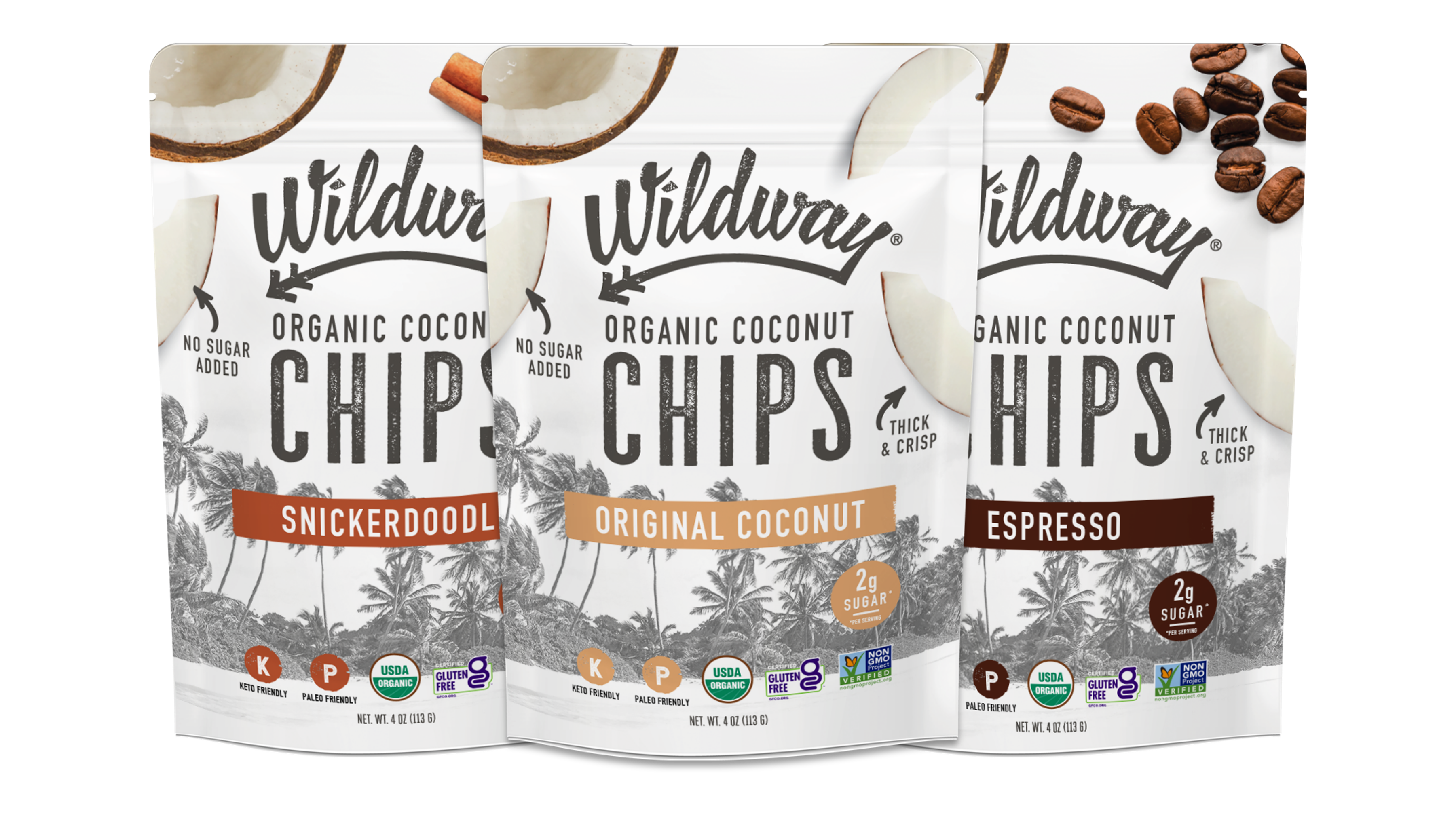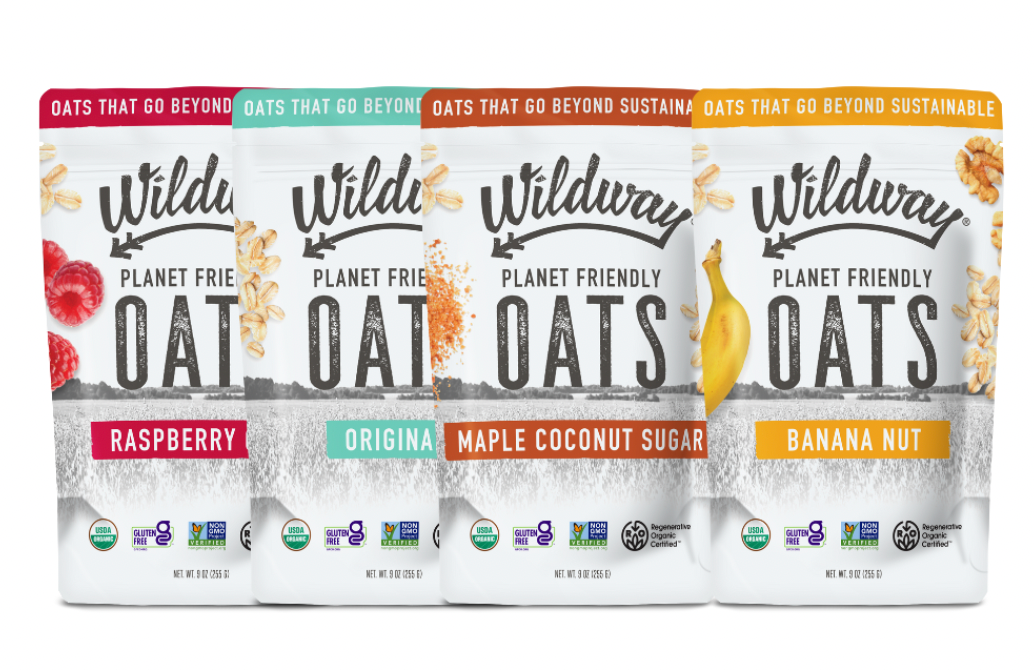Food labels are becoming increasingly difficult to decipher as more and more labels are added to our packaging. Although these labels are made to inform, they are often used for marketing purposes as well. We need to be asking ourselves what are the standards for gluten-free, organic, or non-GMO? The meaning of labels would seem to be obvious, but take a deeper look and you'll find there's more than what you might think. We're here to resolve the confusion and explain what all of these labels mean, their standards, and what they hope to achieve.
Common Food Labels Explained

Operating as an accredited third party organization, the Gluten Intolerance Group, this label requires a food product have less than 10 ppm (parts per million) for the “unavoidable presence” of gluten found in a given product. According to the GIG, this 10-ppm measurement reassures consumers that the ingredients have been thoroughly inspected, the manufacturing facility trained properly, and the production lines tested regularly to ensure less than 10ppm gluten.
The difference between gluten-free labeling and the certified gluten free label is the extra mile companies go to take the proper precautions. Certified gluten-free products are required to undergo third-party gluten-free certifications that test the quality of the ingredients, cleanliness of the facility, and much more to ensure the safety of the consumer!

This label requires a product to not be made with ingredients derived from crops grown with genetically engineered seed or genetically engineered animals. In regard to animals, animal feed must also be tested so as to ensure it contains less than 5% of major GMO crops such as corn and soy. This label also requires crops harvested for a particular food product must be tested for GMOs; furthermore, non-GMO ingredients and those containing GMOs must be stored separately.

USDA Organic
USDA Organic standards vary depending on the product. USDA certified organic foods are grown and processed in consideration of soil quality, ethical animal raising practices, pest and weed control, and the use of additives. Organic produce must be grown in soil free from synthetic fertilizers and pesticides applied three years prior to harvest.
Organic meat requires animals be raised in comfortable living conditions that allow for animals to behave naturally (i.e. grazing), fed 100% organic feed, and must not receive antibiotics or hormones.
Organic multi-ingredient processed food must be free of preservatives, colors, flavors, and require organic ingredients.
Packaged products promoting “made with organic ingredients” contain at least 70% organically produced ingredients; the remaining 30% ingredients are produced without using prohibited practices but are not acceptable in 100% organic products.

Certified B Corps
This label is not known by many, but it should be. Certified B Corporations are businesses that meet the highest standards of verified social and environmental performance, public transparency, and legal accountability to balance profit and purpose. B Corp businesses strive to create a more inclusive and sustainable economy. B Corp community works toward reduced inequality, lower levels of poverty, a healthier environment, stronger communities, and creating high quality purposeful job opportunities.
Wildway Labels Explained
Sweetener-Free
As one of the only granolas on the market with no added sugars: honey, maple syrup, sugar alcohols, cane sugar, coconut sugar, and whatever other ingredients used to sweeten these days, we’re very proud of our naturally sweetened grain-free goods. All of our products: granolas, fruit & nut snack mixes, and hot cereals are all naturally sweetened with dried fruit.
No Added Oils
All of our products are free from added oils such as coconut, sunflower, canola, peanut, and all the rest. Our granola in particular is softened by the natural oils found in our prized ingredients, nuts.
Paleo Friendly
From our granola to our hot cereals, our products meet the needs of variety of special diets. To meet the standards of the paleo diet means we create our goods to be comprised of real, whole, nutrient-dense foods that come straight from the Earth. To be Paleo, we steer clear of processed ingredients, added sugars, soy, seed oils, grains, and dairy. We’re as real as it gets!
No Added Preservatives and Extracts
Preservatives are used to prevent the growth of fungi, bacteria, and other microorganisms; when you create real-food goodness that is devoured far before the opportunity to go bad, you don’t need preservatives. Common examples of preservatives include acids, nitrites, and sulfites. We believe that less is more, and we’re sticking to it.








